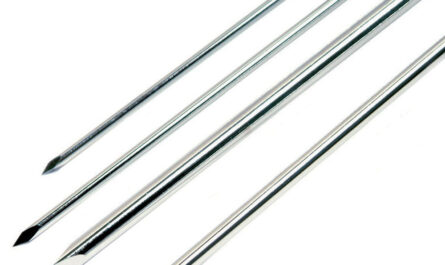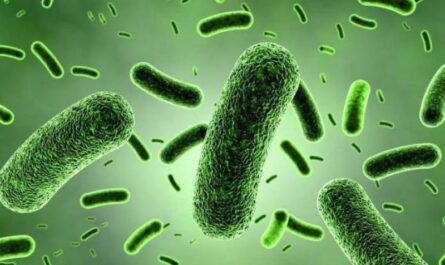
What is Protein A Resin?
Protein A resin is an affinity chromatography medium used for purifying antibodies from serum, ascites fluid or cell culture supernatants. Protein A is a cell wall protein found in certain strains of Staphylococcus aureus which binds with high affinity and specificity to the Fc region of immunoglobulin G (IgG) antibodies from different mammalian species. This property makes protein A resin highly useful for selective isolation and purification of IgG from complex biological mixtures.
How does Protein A Resin Work?
Protein A resin effectively captures and retains IgG antibodies from a mixture by exploiting the natural binding between protein A and IgG. The resin consists of protein A ligands covalently coupled to an inert solid support matrix such as agarose or polyacrylate beads. When a sample containing IgG antibodies is passed through a column packed with protein A resin, the IgG molecules selectively bind to the immobilized protein A ligands via their Fc regions, while the other impurities pass through the column. The bound IgG can then be eluted from the resin using a buffer with low pH or a buffer containing a competing ligand like glycine. This one-step affinity purification process allows the fast and easy isolation of IgG antibodies from crude samples with high purity and yield.
Applications of Protein A Resin
Due to its remarkable selectivity and binding affinity for IgG, protein A resin has emerged as an indispensable tool for antibody purification in research, diagnostic and biopharmaceutical applications. Some key applications of protein A resin include:
Purification of monoclonal and polyclonal antibodies: Protein A chromatography is considered the gold standard method for purifying IgGs generated from hybridoma cell cultures, ascites fluid or antiserum. It provides highly purified antibody preparations suitable for research applications.
Purification of therapeutic antibodies: Majority of therapeutic mAbs in clinical use today including adalimumab, bevacizumab, trastuzumab etc. rely on protein A chromatography for downstream purification from producer cell cultures. It ensures required purity, yield and consistency for therapeutic use.
Removal of antibodies from protein samples: Protein A resin is used to deplete IgGs from serum, cell lysates and other biological samples to prevent interference during analysis and purification of non-IgG proteins of interest.
Elution Optimization and Scale up Process Development
Optimizing the elution step is crucial to recover bound antibodies in their native conformations with high purity and yields. Elution is commonly performed using either low pH glycine or acidic citrate buffers. While glycine buffer at pH 2.7-3.0 elutes >95% IgGs, it may slightly impact stability of some antibodies. Conversely, a 0.1 M citrate buffer at pH 3.0 provides a much gentler elution without compromising recovery and purity. The choice of elution buffer depends on attributes of input antibodies.
Scale up and automation are important considerations during process development to meet industrial purification requirements. Larger 10-300 ml protein A columns are routinely used under optimized conditions for production-scale purifications from bioreactor harvests yielding >90% pure antibody at gram levels. Integration with robotic liquid handling systems further improves reproducibility and efficiency of the scaled-up protein A purification process.
Alternatives to Protein A Resin
While protein A chromatography is the gold standard method, alternative affinity resins have emerged for cases where protein A binding is weak or unsuitable. Protein G affinity resin offers comparable selectivity but broader species cross-reactivity than protein A, binding antibodies from human and numerous other species. Protein A/G mixes leverage binding properties of both ligands improving recovery. Other affinity sorbents capturing antibodies via light or heavy chain regions have also been developed. However, protein A resin remains the preferred choice due to its remarkable binding strength, specificity for human and mammalian IgG subclasses and widespread application experience.
In conclusion, protein A resin has revolutionized monoclonal antibody purification since 1970s due to its unparalleled selectivity and efficiency. Optimized protein A chromatography processes are capable of delivering industrial-scale, highly pure antibody preparations essential for research and biopharmaceutical production. Further refinements in ligand immobilization, elution and automation are likely to augment the capabilities of this powerful affinity technique in the years ahead.
*Note:
1. Source: Coherent Market Insights, Public sources, Desk research
2. We have leveraged AI tools to mine information and compile



